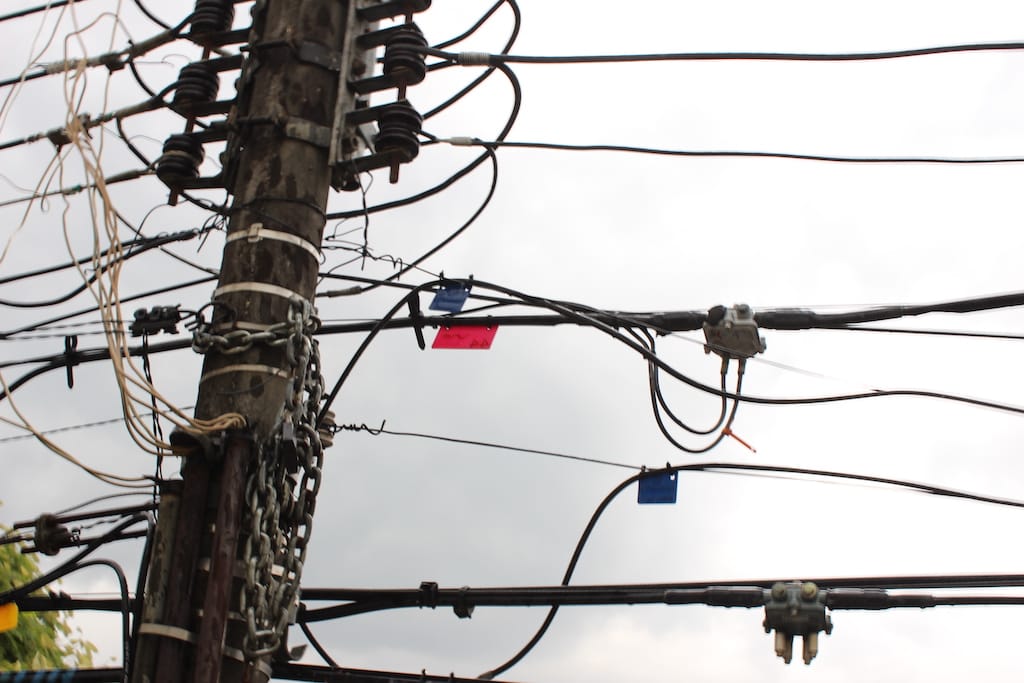AT&T Goes to Court over FCC Decision on Pole Attachment Rates
AT&T said it should pay a similar rate to other telecommunications attachers.
Ahmad Hathout

WASHINGTON, February 6, 2023 – AT&T has gone to court over a Federal Communications Commission decision last fall that said it is not entitled to a lower attachment rate on Duke Energy Progress poles than other telecommunications attachers.
The commission had determined, in response to petitions from AT&T and Duke, that the incumbent telephone carrier paid too much to utility Duke to access its poles. However, because AT&T had an agreement with Duke that conferred onto it advantages not given to other attachers, the commission determined that the telecom would not pay a comparable lower rate as those other attachers.
AT&T filed a complaint to the U.S. Court of Appeals for the D.C. Circuit last month saying it should pay the rate that the FCC considers comparable to cable companies and other third party attachers that are disadvantaged in the agreement process.
“AT&T is adversely affected by certain parts of the Order because the Federal Communications Commission granted AT&T’s pole attachment complaint only in part,” the company said in its complaint against the November decision. “The Order requires AT&T to pay a substantially higher rate for use of Duke’s poles than the just, reasonable, and fully compensatory new telecom rate AT&T’s competitors pay for use of comparable space on the same utility poles.”
In asking for a dismissal of the order, AT&T is asking the court to find the parts in question of the FCC decision violate the Administrative Procedures Act and “are arbitrary, capricious, an abuse of discretion or otherwise not in accordance with law.”
The FCC makes determinations on costs to attach to utility poles to ensure that they are “just and reasonable” under the Telecommunications Act. Attaching to poles is a critical component of broadband buildouts. The commission set up a framework to determine what’s a fair rate.
It set a rate ceiling in a 2018 order because incumbent telephone company bargaining power and pole ownership versus utilities had, by then, been in decline. In effect, it revised a presumption set in 2011 that incumbent telephone companies had superior bargaining power versus other telecom attachers and replaced it with the presumption – which took effect in March 2019 – that the two attachers “are similarly situated” and therefore entitled to “comparable” rates.
The caveat to the 2018 order, however, was that the new incumbent telco rates would take effect only if the agreement with the utility was signed after the order’s effective date. Because AT&T and Duke had an existing agreement before 2019, the FCC said it did not qualify for the new rate. It was thus subject to the old telecom rate as a reference.
The FCC concluded that, despite AT&T being entitled to a lower rate, the existing agreement between it and Duke provides AT&T “with benefits that materially advantage it compared to other attachers on the same poles.”
The decision added AT&T is entitled to a pole attachment rate that “does not exceed the Old Telecom Rate, covering the entire timeframe at issue.”
The commission is currently examining whether utilities should share in the cost of replacing those poles, which are often born by the requesting attacher.








Member discussion